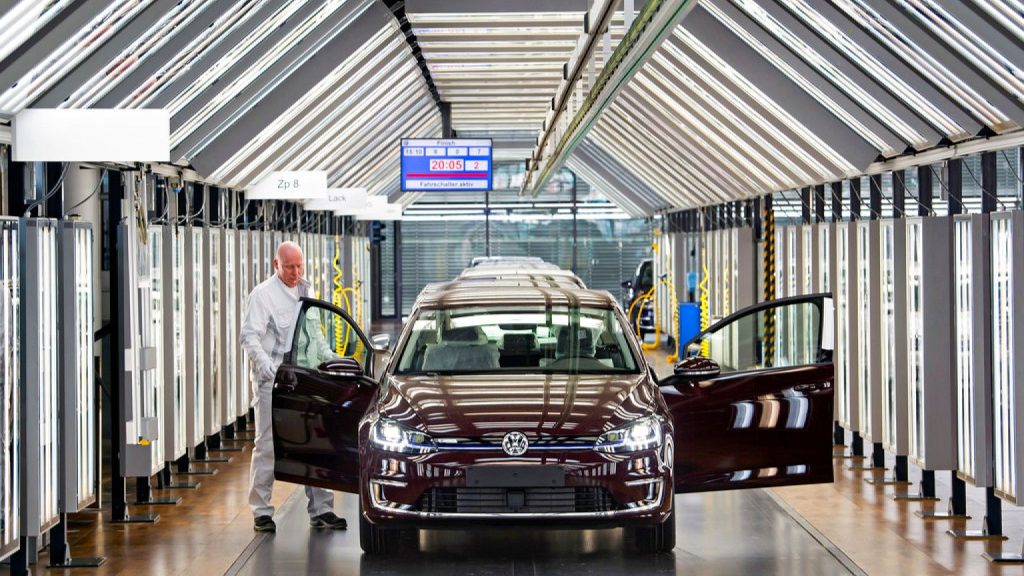

**Title: Government Greenlights Import of 5-Year-Old Vehicles Starting Next Fiscal Year**
In a notable shift in policy aimed at expanding the automotive market and offering consumers increased options, the government has revealed the approval for the importation of 5-year-old vehicles starting with the next fiscal year. This move signifies a break from earlier regulations that limited the import of older cars, primarily to safeguard the local automotive sector and diminish environmental consequences.
**Policy Overview**
The revised policy will permit both individuals and businesses to bring in vehicles that are no older than five years. This alteration is projected to yield numerous advantages, including heightened competition within the automotive sector, which could result in reduced prices and expanded choices for consumers. The decision follows thorough discussions with industry stakeholders, economists, and environmental specialists to ensure a well-rounded approach that takes into account economic development, consumer needs, and ecological sustainability.
**Economic Implications**
The import of 5-year-old vehicles is expected to invigorate economic activity by boosting trading volumes and creating opportunities for enterprises engaged in vehicle importation, sales, and maintenance. It is forecasted to generate employment in areas such as logistics, automotive services, and retail. Furthermore, consumers may see benefits from more budget-friendly vehicle options, leading to greater car ownership and improved mobility.
**Impact on the Local Automotive Industry**
Although the policy aims to improve consumer choice, it does bring challenges for the domestic automotive sector. Local manufacturers may encounter heightened competition from imported cars, which might influence their market share. To alleviate potential adverse effects, the government has outlined plans to assist local manufacturers through incentives for innovation, enhancements in quality, and promotion of exports.
**Environmental Considerations**
A primary concern associated with the importation of older vehicles is their environmental effect. Generally, older cars emit more pollutants than their newer counterparts. To counter this issue, the government has established rigorous emission standards for imported vehicles, ensuring they adhere to specific environmental guidelines prior to being permitted entry into the country. Additionally, there are initiatives to enhance infrastructure supporting cleaner technologies, such as electric vehicle charging stations, to encourage sustainable transportation.
**Consumer Benefits**
For consumers, the opportunity to import 5-year-old vehicles provides a broader range of choices, including access to international brands and models that may not be present in the local market. This could enhance consumer satisfaction and better match consumer preferences. Moreover, the influx of pre-owned vehicles may reduce prices, making car ownership more attainable for a wider demographic.
**Conclusion**
The government’s decision to permit the importation of 5-year-old vehicles represents a strategic effort to balance economic advancement, consumer needs, and ecological sustainability. While it poses challenges to the local automotive sector, it simultaneously offers avenues for innovation and competitiveness. As the policy is set to take effect in the upcoming fiscal year, its success will largely hinge on the effective execution of supporting measures for local manufacturers and the enforcement of environmental standards.






